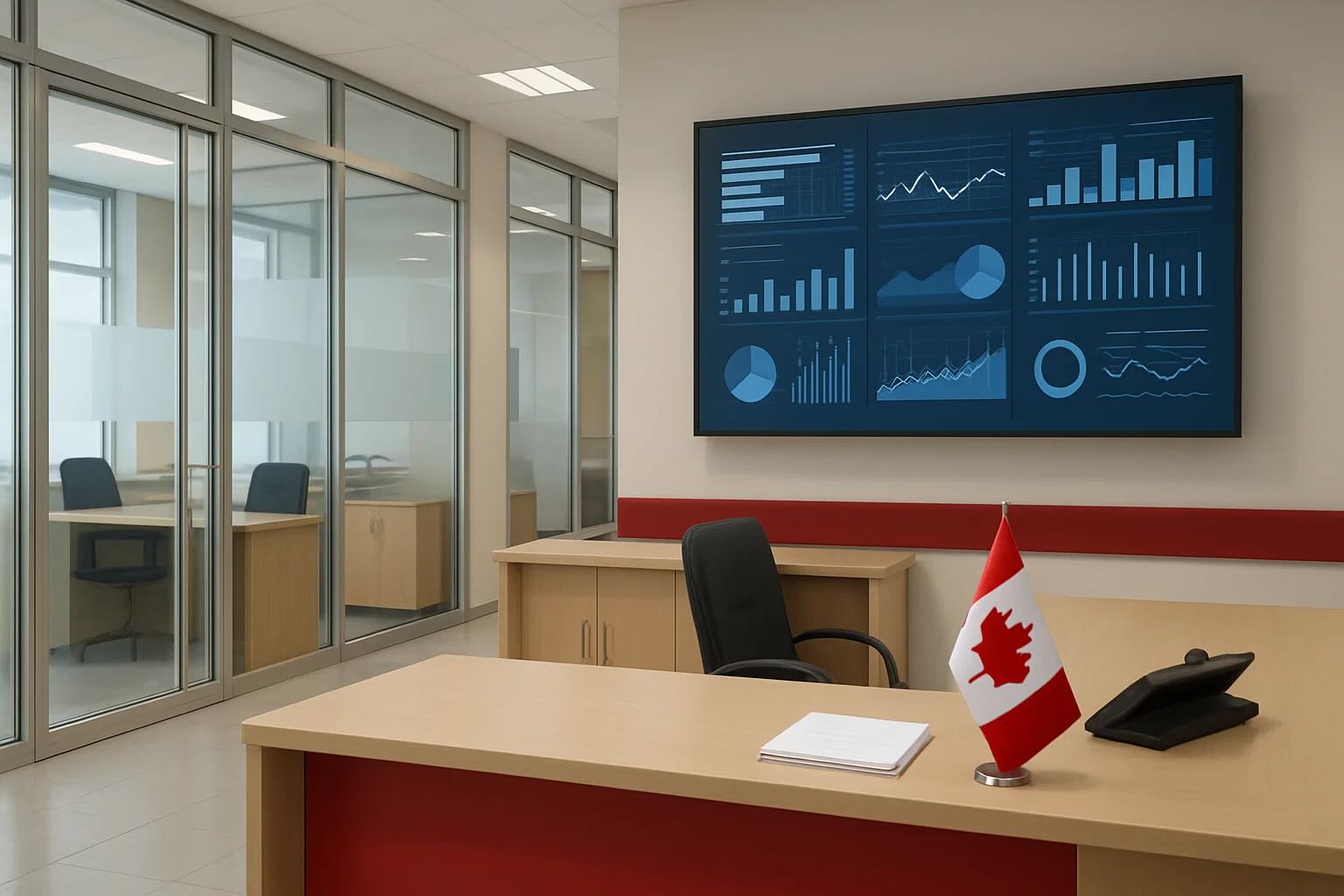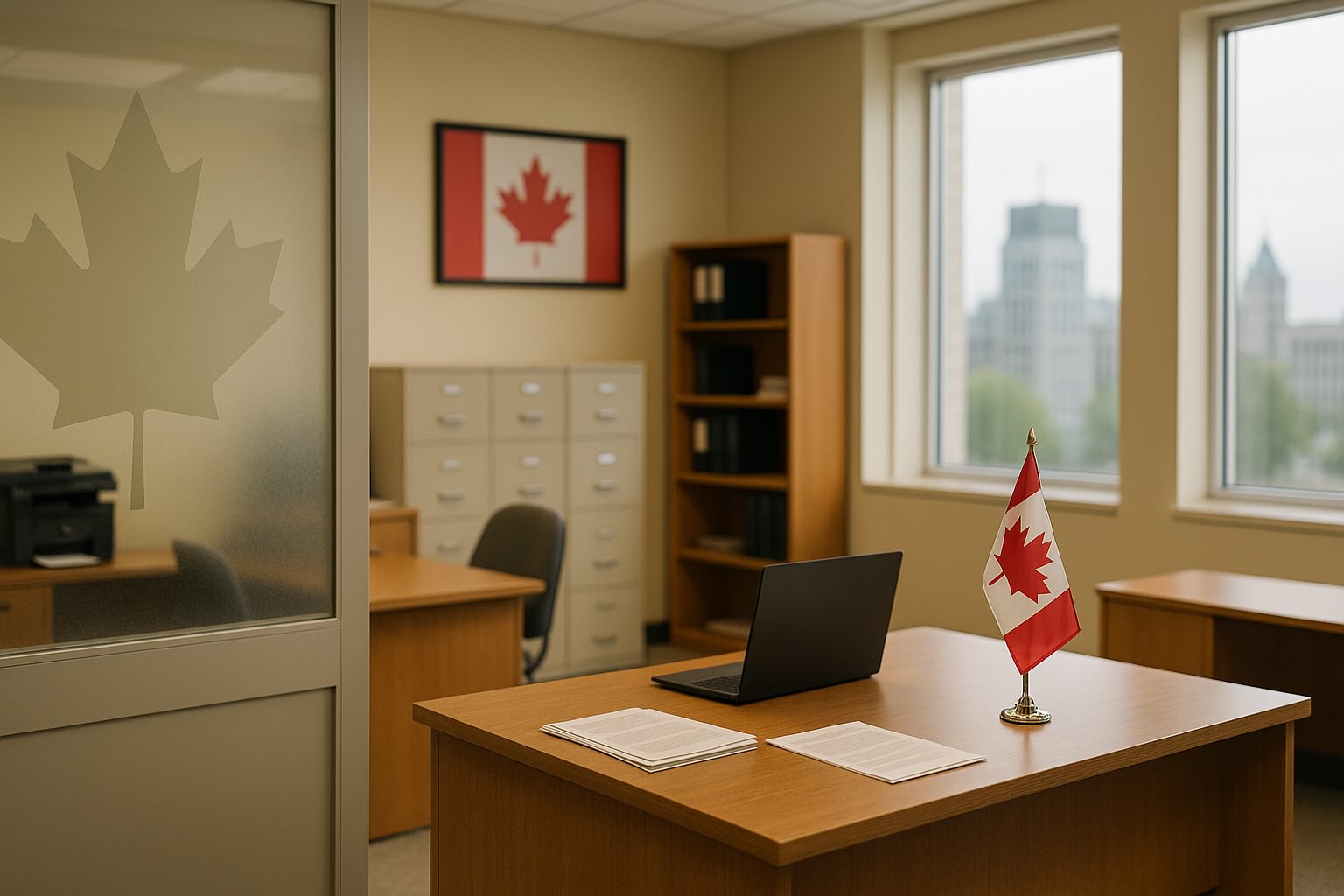
Allocation Growth Overview
The British Columbia Provincial Nominee Program (BC PNP) has experienced significant allocation growth in 2025. According to the latest announcement on the BC government's official website, the province's total nomination allocation for 2025 has increased to 5,254, up 1,254 spots from the initial allocation of 4,000 at the beginning of the year.
This increase means that British Columbia has recovered approximately 69% of its 2024 allocation level (8,000 spots). This represents a positive signal for the provincial nominee program, which suffered significant cuts at the beginning of the year.
Utilization Plan for Additional Allocations
In response to the additional nomination allocations, the BC government has established clear usage priorities:
Primary Focus: Processing Backlogged International Post-Graduate Applications
The provincial government will prioritize using a portion of the additional allocations to process backlogged International Post-Graduate Stream (IPG) applications. According to statistics, there are currently 2,240 IPG applications on the waitlist, all of which were submitted between September 1, 2024, and January 7, 2025.
On April 14 of this year, British Columbia announced that all IPG applications received during this period would be waitlisted until more allocations became available. With the increase in allocations, these applicants finally have renewed hope.
Other Priority Areas
In addition to processing backlogged IPG applications, the provincial government will continue to allocate spots to existing priority areas, including:
- Healthcare professionals
- Entrepreneurs
- High economic impact candidates
Notably, the BC government has made it clear that it will not expand to other new priority areas in 2025 until more allocations are obtained. Meanwhile, the provincial government stated it will continue to advocate to the federal government for additional nomination allocations.
Background on BC PNP Allocation Reductions
At the beginning of 2025, British Columbia and all provincial nominee programs across the country experienced significant cuts. This adjustment stemmed from the federal government's tightening of immigration policy in response to housing market pressures and social service burdens.
According to the federal government's 2025-2027 Immigration Levels Plan:
- The permanent resident admissions target for 2025 was reduced to 395,000 (down from 485,000 in 2024)
- Provincial nominee program allocations nationwide were cut by 50%, dropping from 110,000 in 2024 to 55,000 in 2025
This policy adjustment had a significant impact on provincial immigration plans, forcing provincial governments to readjust priorities and actively advocate to the federal government for additional allocations.
BC PNP Invitation Overview for 2025
To date, British Columbia has conducted nine rounds of invitations in 2025, primarily focused on two categories:
Skills Immigration Category
While this category has only conducted two rounds of invitations, the number of invitations issued accounts for the majority:
| Invitation Date | Number of Invitations |
|---|---|
| May 8, 2025 | 94 |
| October 2, 2025 | 474 |
| Total | 568 |
Entrepreneur Immigration Category
This category has been the primary focus this year, with seven rounds of invitations conducted:
| Invitation Date | Number of Invitations |
|---|---|
| January 28, 2025 | Less than 10 |
| March 18, 2025 | Less than 13 |
| April 15, 2025 | 5 |
| May 28, 2025 | Less than 14 |
| July 8, 2025 | Less than 17 |
| August 19, 2025 | Less than 16 |
| October 2, 2025 | 11 |
| Total | No more than 86 |
Allocation Increases in Other Provinces and Territories
British Columbia is not the only province to receive allocation increases this year. In response to the 50% reduction at the beginning of the year, provincial and territorial governments across Canada have continued to pressure the federal government, requesting increased allocations to better meet their economic and social development needs.
To date, the following provinces and territories have received allocation increases from the federal government:
- Alberta
- New Brunswick
- Newfoundland and Labrador
- Saskatchewan
- Yukon
- Northwest Territories
This trend indicates that, under sustained advocacy from provinces and territories, the federal government is gradually adjusting its overly restrictive allocation policies to balance immigration control with local economic development needs.
Information in this article is current as of October 10, 2025. Please refer to official announcements for the most up-to-date policies.









